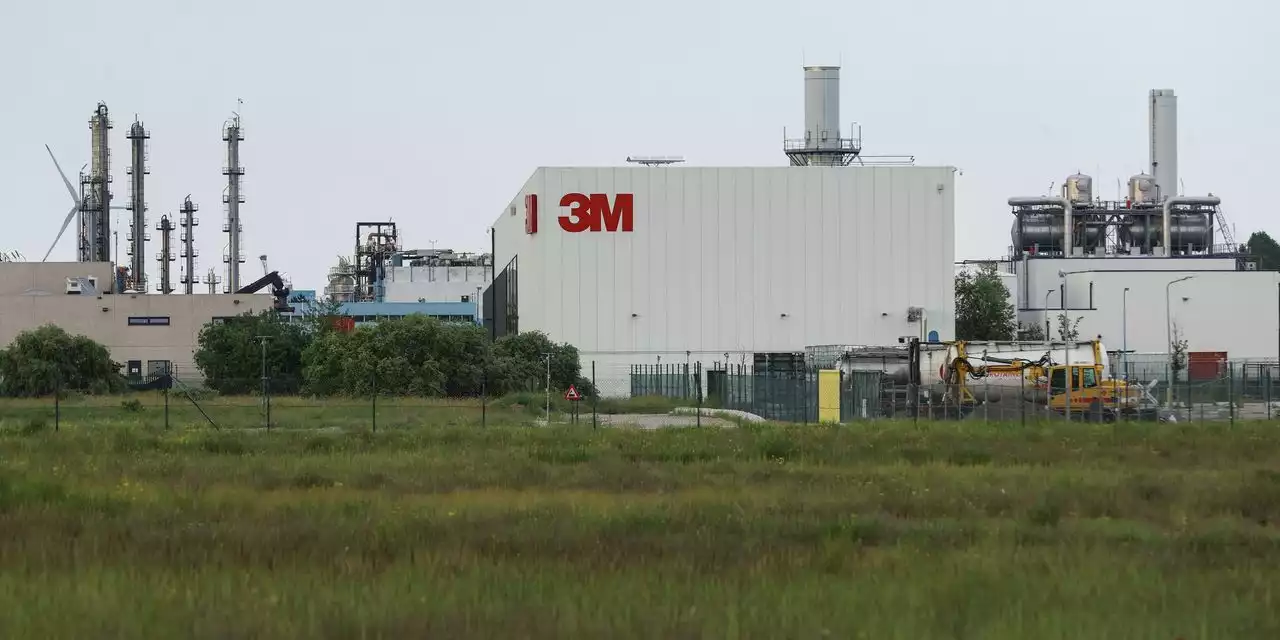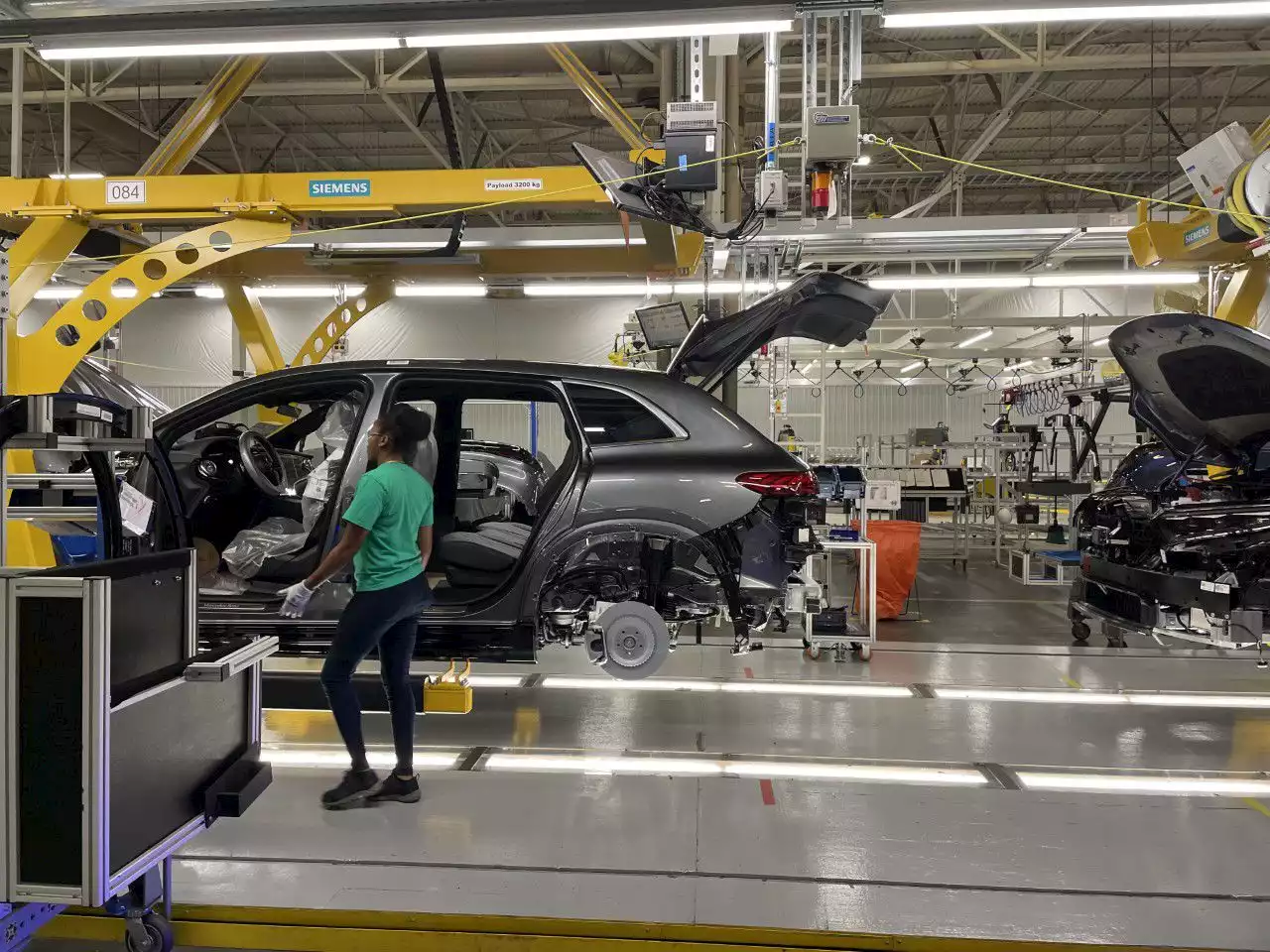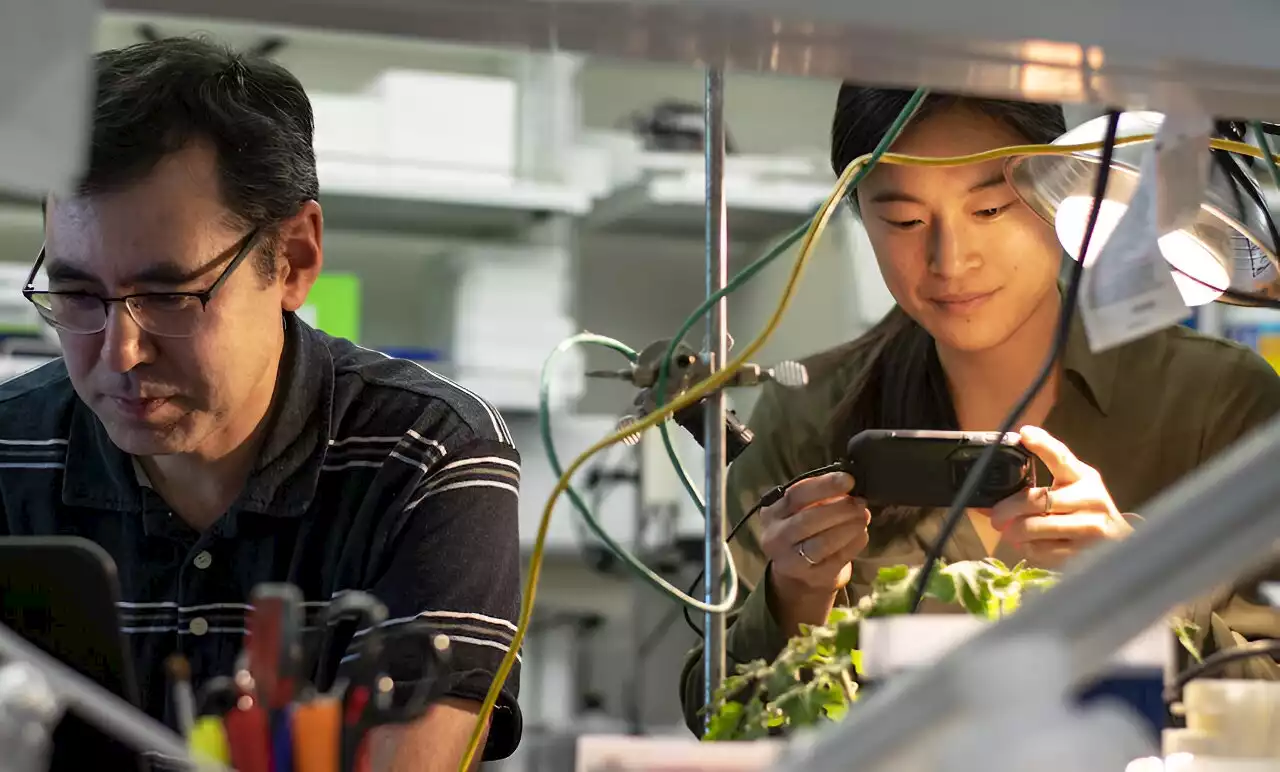In plants, the jasmonate, or JA, signaling pathway helps plants control their defense responses to environmental stresses. Like the human body, plants respond differently to individual threats. Just as people wouldn't get a fever due to a sprained ankle, plants deal with harmful elements in particular ways.
A study from the MSU-DOE Plant Research Laboratory Howe lab looks at how plants respond to environmental threats in the correct way. This study was published in"Plants encounter so many environmental stressors, including biotic stressors like pathogens or insects," said Leah Johnson, co-first author on the study and former graduate student in the Howe lab.
The researchers grew mutant Arabidopsis thaliana plants which were missing most of their JAZs. As JAZs keep the defense responses under control, their removal results in an uncontrolled defense response, somewhat analogous to autoimmunity. Because the mutant plant was spending so much energy on defending itself from all threats, even if those threats were not present, it had less energy to grow. The plants were smaller and produced fewer seeds than their counterpart found in the wild.
Johnson continued,"We found that subsets of these families [JAZ and MYC] differentially regulate responses to insects versus necrotrophic pathogens. This suggests that these families obtained distinct regulatory functions at some point in plantand suggests a mechanism for how plants can respond correctly to different stressors."
United States Latest News, United States Headlines
Similar News:You can also read news stories similar to this one that we have collected from other news sources.
 Revolutionizing Plant Proteins: Scientists Unlock the Secret to Juicier Plant-Based MeatOne of the most significant barriers to the adoption of plant-based meat alternatives is their often dry and astringent texture upon consumption. A team of scientists, headed by Professor Anwesha Sarkar at the University of Leeds, is pioneering a transformation in the texture of plant proteins. T
Revolutionizing Plant Proteins: Scientists Unlock the Secret to Juicier Plant-Based MeatOne of the most significant barriers to the adoption of plant-based meat alternatives is their often dry and astringent texture upon consumption. A team of scientists, headed by Professor Anwesha Sarkar at the University of Leeds, is pioneering a transformation in the texture of plant proteins. T
Read more »
 AI increases precision in plant observationArtificial intelligence (AI) can help plant scientists collect and analyze unprecedented volumes of data, which would not be possible using conventional methods. Researchers have now used big data, machine learning and field observations in the university's experimental garden to show how plants respond to changes in the environment.
AI increases precision in plant observationArtificial intelligence (AI) can help plant scientists collect and analyze unprecedented volumes of data, which would not be possible using conventional methods. Researchers have now used big data, machine learning and field observations in the university's experimental garden to show how plants respond to changes in the environment.
Read more »
 3M idles all manufacturing of forever chemicals at Belgian plant3M Co. has idled all manufacturing of PFAS at a plant in Belgium as it works to fully exit so-called forever chemicals by the end of 2025.
3M idles all manufacturing of forever chemicals at Belgian plant3M Co. has idled all manufacturing of PFAS at a plant in Belgium as it works to fully exit so-called forever chemicals by the end of 2025.
Read more »
 Mercedes-Benz applies for inflation tax break on Alabama plant expansionThe automaker also applied for a South Carolina plant under the Inflation Reduction Act (IRA).
Mercedes-Benz applies for inflation tax break on Alabama plant expansionThe automaker also applied for a South Carolina plant under the Inflation Reduction Act (IRA).
Read more »
 LG Chem partners with Huayou Group to build joint LFP cathode plant in MoroccoThe plant, set to start production in 2026, aims to produce 50,000 metric tonnes LFP cathode materials annually.
LG Chem partners with Huayou Group to build joint LFP cathode plant in MoroccoThe plant, set to start production in 2026, aims to produce 50,000 metric tonnes LFP cathode materials annually.
Read more »
